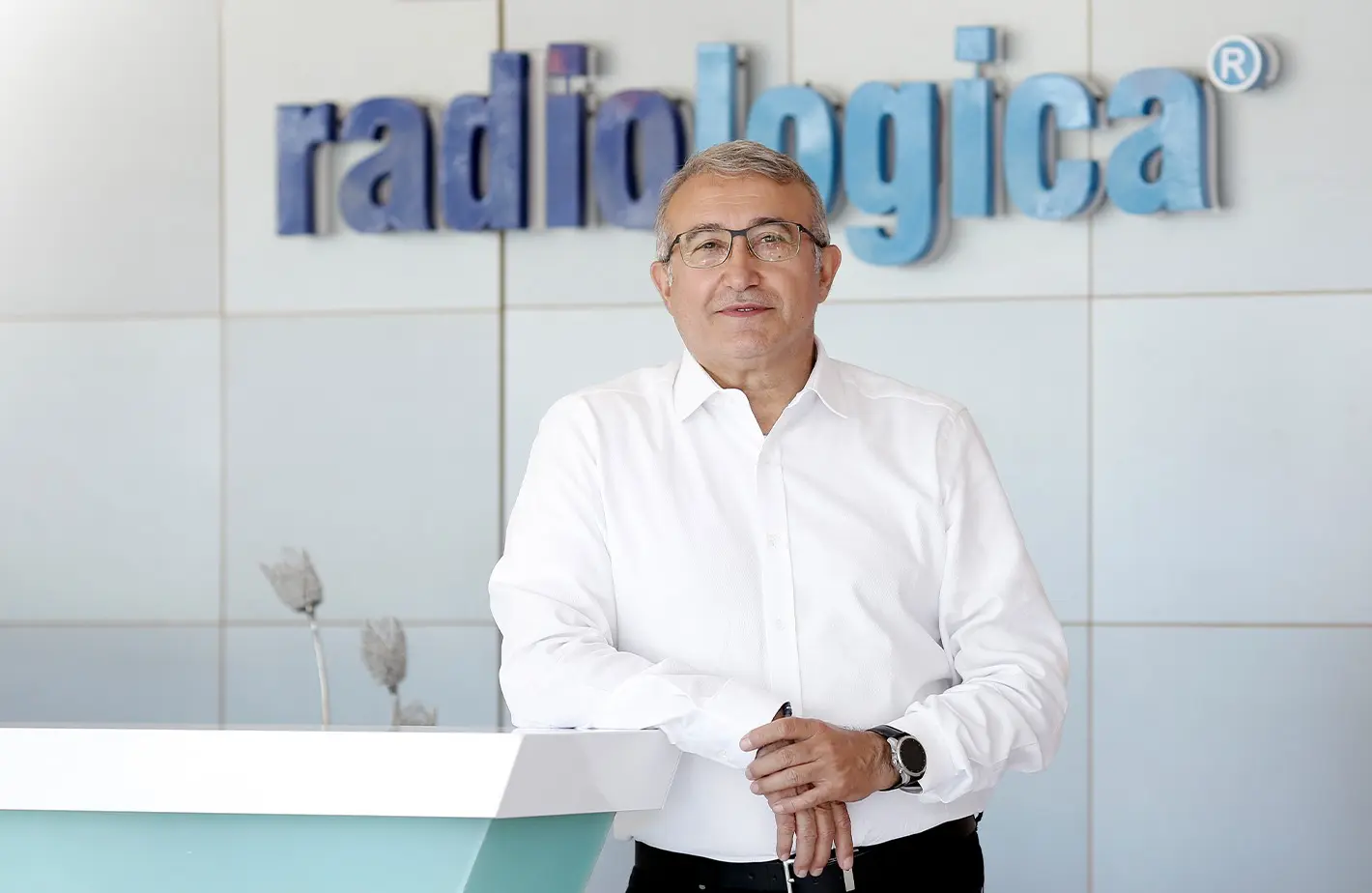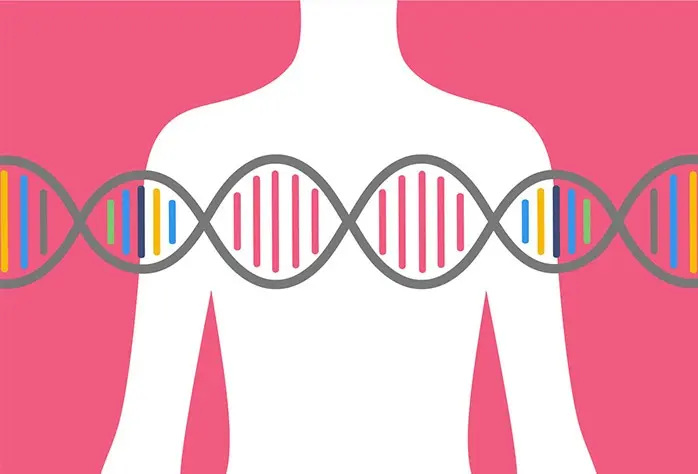Because the genes that enable cells to divide and multiply are damaged, the cells multiply uncontrollably and excessively, forming cancer and spreading throughout the body.
However, only some of the cancers are of genetic origin, that is, they are directly related to heredity. It occurs when a mutation in the progeny cells is transferred from one generation to the next and this error is carried in all cells of the body. The majority of cancers occur as a result of the accumulation of random mutations that occur during a person's life.
In other words, whether hereditary or not, all breast cancers contain more than one genetic disorder (mutation). In hereditary cancers, these genetic disorders are passed on to the baby through the offspring cells. In non-hereditary cancers, they occur later and do not pass on to the next generation.
Approximately 10% of detected breast cancers are hereditary, that is, breast cancer develops due to genes that increase the tendency to cancer inherited from the person's family.
Approximately 90% of breast cancers occur as a result of mutations that develop within the person due to many external influences.
The presence of breast or ovarian cancer at a young age (before menopause) in the family, the presence of two or more breast or ovarian cancers in the same family, and the presence of cancer in both breasts suggest that breast cancer may be hereditary in that family. Hereditary breast cancer research can be done in suspected people with BRCA1 and BRCA2 gene tests.





